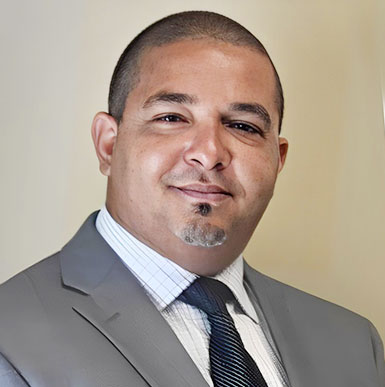While texting and driving is the most well-known type of distraction (and arguably the most dangerous), there are multiple forms of distracted driving that should be guarded against. Here are four types of distracted driving that you should be aware of, how to reduce distractions behind the wheel, and how to get legal help after an accident.
VISUAL (SIGHT)
One of the most dangerous forms of distraction is visual, or distractions that engage the sense of sight. This results in a driver taking their eyes off the road, which can be catastrophic in a matter of seconds. For example, texting requires you to look down at your phone to read messages and to watch your fingers as you type replies. Other visual distractions could be colorful signs outside or watching children in the backseat via the rearview mirror.
AUDITORY (SOUND)
Another type of distraction while driving is auditory, or things you can hear. Auditory distractions most often take place inside the car but can occur outside as well. If, for example, your windows are down and another vehicle is playing loud music, this can distract you from the sounds of traffic around you. Internal auditory distractions are usually loud music and passengers talking or arguing.
Manual (Touch)
There’s a lot of things in your car you can touch, and all of them are manual distractions. Rolling down your window and changing the radio are manual distractions, however, they’re unlikely to cause an accident. Other distractions, like eating and driving, putting on makeup on or texting carries a much higher risk.
Cognitive (Thought)
Distractions can also be something you think about. If you’ve ever caught yourself daydreaming for a few seconds behind the wheel, you know that it typically only lasts a few seconds. A couple of seconds is all that’s needed to cause a car accident. Avoid daydreaming by maintaining focus on the road, try narrating what you see out loud.
Were You Injured in a Distracted Driving Collision? Contact Us
Even though drivers have a responsibility to ensure they aren’t distracted while on the road, distracted driving accidents are unfortunately common. Whether a fender bender or a collision that results in severe injury or even death, the person at fault should be held liable for their negligence. Gregory Chancy has extensive Personal Injury Law experience working with clients who have been the victim of distracted driving and their families, and we’re committed to continuing to support them. Call today for an appointment.

